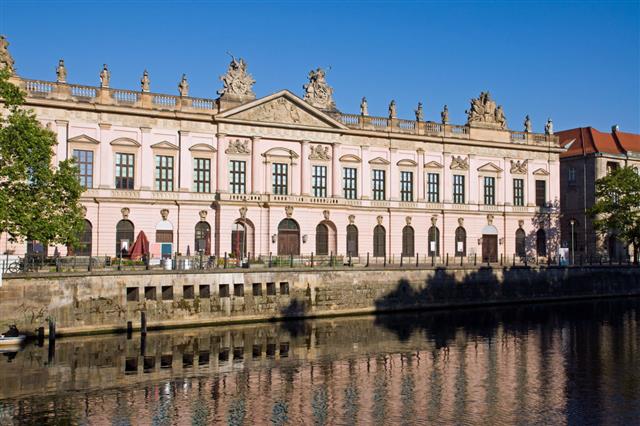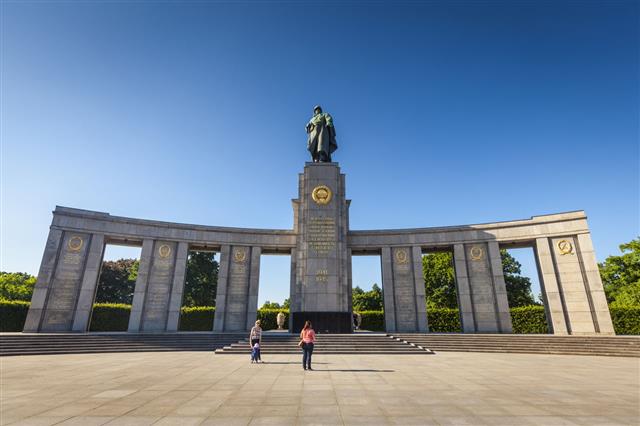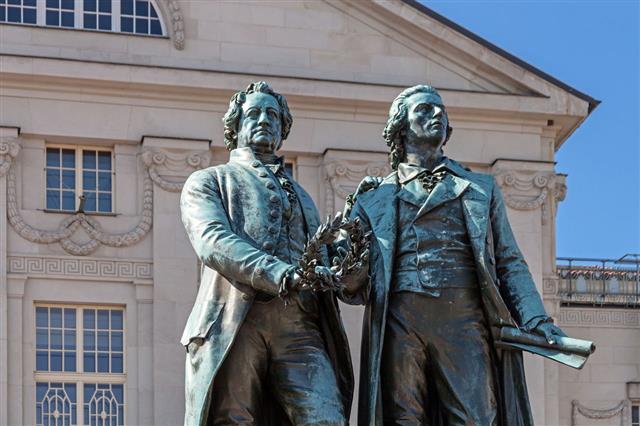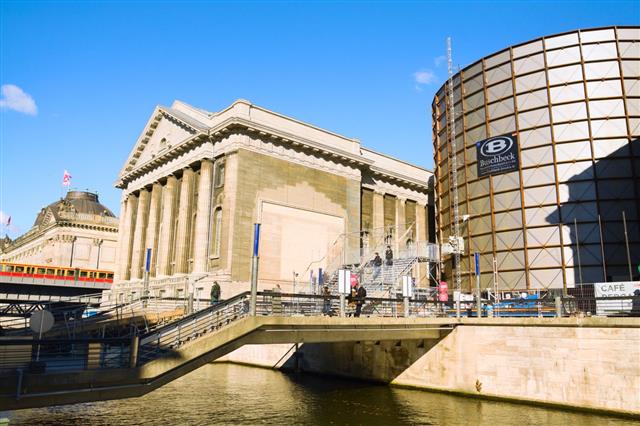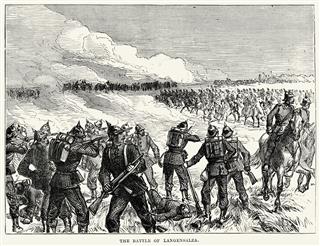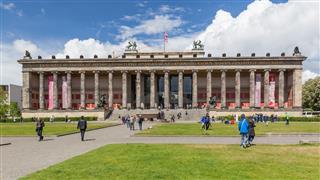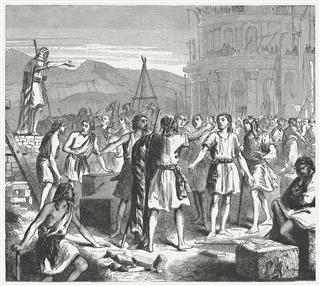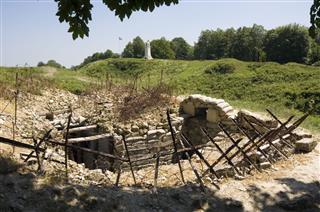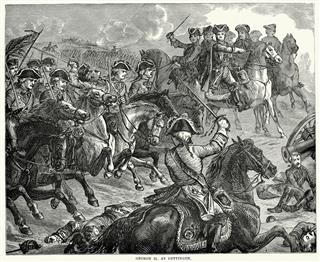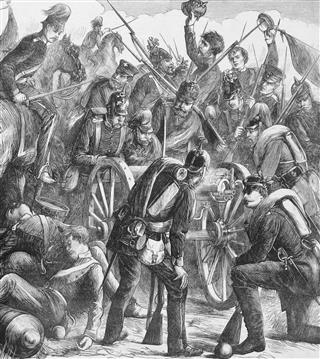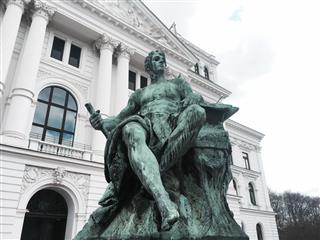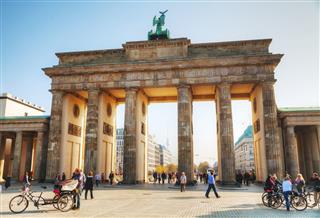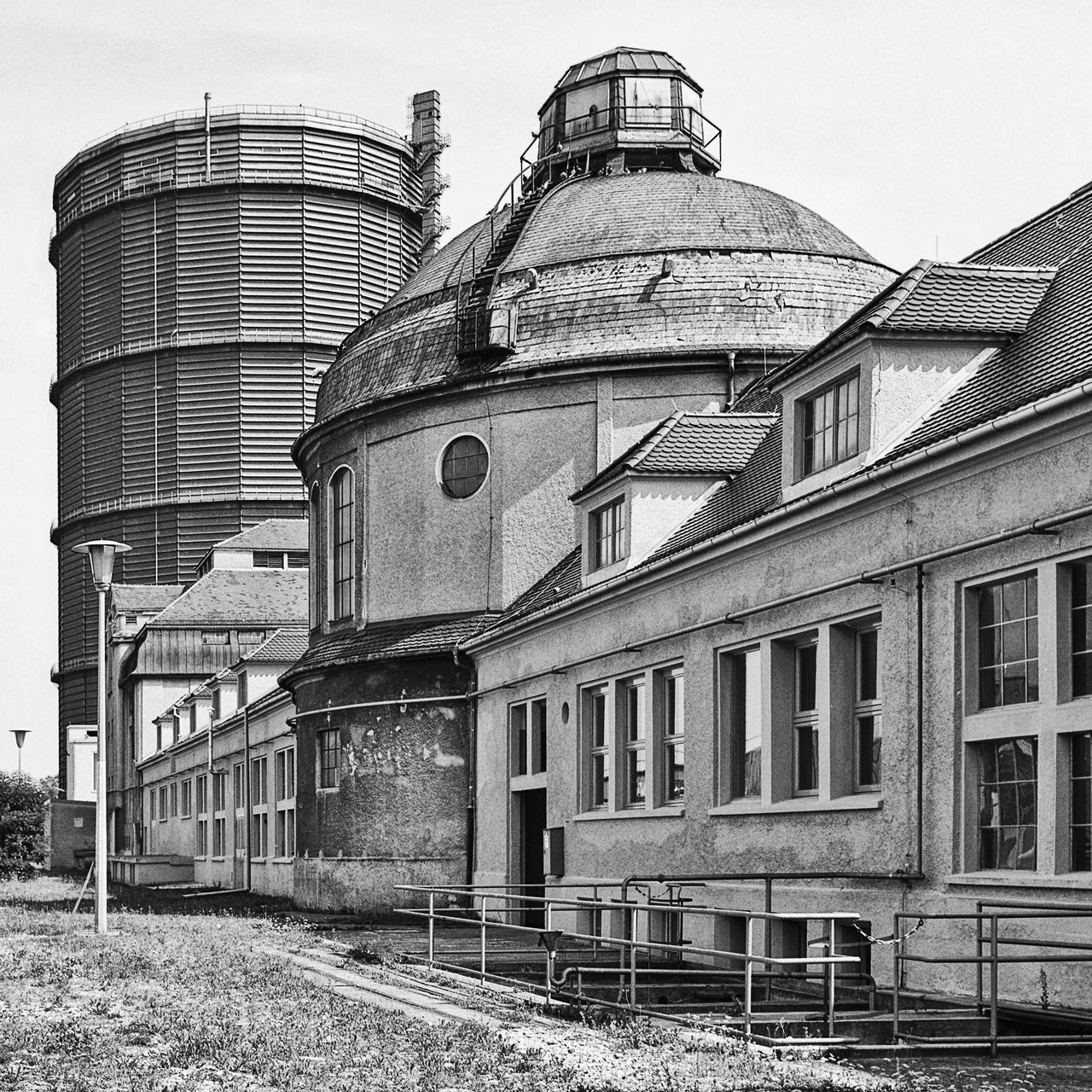
Nazi Germany relates to the time when Hitler established the dictates of Italian Fascism in Germany, on coming to power in 1933. Life in Nazi Germany was one of initial ‘ups’ and a subsequent and consistent ‘tumble-down’ of economy, politics and quality of life. The era is remembered the world over as one steeped in darkness and grief.
Nazi Germany or the Third Reich refers to Hitler’s reign between 1933 and 1945. As leader of the National Socialist German Workers’ Party or the Nazi Party, Hitler established a dictatorship in Germany. The Third Reich, the state under the influence of Nazism at the time, referred to the state that succeeded the Holy Roman Empire and the German Empire (1871-1918).
Hitler’s Germany was flanked by the North Sea and Denmark in the North, Lithuania, Danzig, Poland and Czechoslovakia in the East, Austria and Switzerland in the south and France, Luxembourg, Belgium, the Netherlands and Saarland in the West. However, German occupation of Rhineland, Saarland, Austria, Memelland, Sudetenland, Bohemia and Moravia changed the world map. Hitler’s aggressive militarism and anti-Semitism resulted in German invasion of Poland, the UK and France during the six long years of World War II.
The promises to maintain civil peace, generate employment to make Germany self-sufficient, bring about radical changes via economic policies, restore national pride and above all racial cleansing were backed by very stringent and severe measures. The party labeled the Jews as conniving and devious. They referred to them as traitorous criminals and blamed the Jews for German defeat during the First World War. The totalitarian dictatorship headed by Adolf Hitler had an enormous effect on thousands of communists, anarchists and socialists, who were deprived of civil liberties such as habeas corpus.
The Nazi Party, under the leadership of Hitler, adopted the symbols of the Weimar Republic, the tilted swastika flag, ‘Deutschland über Alles’ national anthem and the Hitler salute. The police were ordered to use powerful and coercive means to control the commoners. They paid spies and informants for details on dissenters. While the ordinary citizens welcomed the improving economy and standard of living, the political opponents who voiced an opinion were put in specially designed prison camps, tortured and killed. It is believed that between 1933 and 1945 more than 3.5 million opponents to Nazi rule were deported to concentration camps.
The life in Nazi Germany has many facets including several spheres which have been detailed in the following sections of this article.
In Germany, with power being at the hands of Hitler, the practice became more severe. During the Nazi rule, the Jews were systematically killed, ensuring that no Jew existed to ‘pollute’ the Aryan race. The pretext under which these organized mass murders were brought to pass included bizarre reasons. The crucification of Jesus was just one of the many incidents. Others included blood libel, natural calamities like the black death, defeat in wars, economic crisis, or any event that was not desirable, were believed to have been caused by the Jews.
The anti-Jew aggression escalated to great heights. They were denied citizenship, expelled from jobs, devoid of basic human rights, denied of land ownership and other property rights et al.
Girls were taught the importance of marriage, childbearing, and the duties of an ideal wife and mother. They weren’t encouraged to study about history, science, math etc. Anyone who excelled in such subjects were discouraged and looked down upon.
Teachers were forced to be members of Nazi Teachers’ League. The solo aim of the education system was to teach the youth about the Aryan supremacy.
Employment was lurking high in Germany when Hitler came to power. He diminished the ratio of employment, but the means were grossly inaccurate. The Jews were expelled. Women were barred from holding any significant position in the government, in any position, or any job. People were forced to take up any kind of job that was offered to them, failing which they could be sent to concentration camps. Military was strengthened. Man power rose, factories were established in order to provide the military with the required amount of arms and ammunition. Thus, a smart way to restrict unemployment. Labor rights, strikes, and Trade Union were banned and shut forever.
- Total power of the state and its welfare in the hands of the Fuhrer.
- Complete adherence to military law and a dedicated approach to renewing Germany’s lost glory, even at the price of pledging forced loyalty.
- Intolerance towards self-expression via the media or through any other form, against the Nazi Party.
- Refusal to abide by the dictates of the Treaty of Versailles.
- Intolerance towards the Jews, gypsies and foreigners, since they were held responsible for the economic downfall of the German economy and were declared as traitors.
Fascism in Germany spelled the end of individual rights. People were put into prison, shot or deported if they voiced against the Nazi Party. The Gestapo, Hitler’s private spies, were all over the place, consistently trapping and identifying ‘traitors’ and meting out punitive action. The press was supposed to write things only in praise of Hitler and the anti-Semitic stance of the Fuhrer was further fueled by his oratorical displays throughout the land and captured territory.
In the wake of United Kingdom’s guarantee to defend the territorial integrity of Poland from German invasion, Hitler invaded Poland on September 1, 1939. This move was in line with Hitler’s break-away from the non-aggression pact signed with Russia and the need for military expansion to prove German supremacy. The Nazi attack on Poland brought in the allies, the United Kingdom and France, in support of Poland. They declared war on Germany, but Poland fell quickly, at the hands of not only the Nazis, but also the Soviets.
Poland was no longer a sovereign nation. It was now amputated, and the regions were divided between the Germans and the Soviet Union nations. The eastern half was occupied by the Soviet Union, the western portion was taken as an area of greater Germany.
The most devastating outcome was certainly the so-called cleansing process which ensured the removal of the Jews at all costs. They were sent to ghettos in the outskirts, and were enslaved, tortured, and mercilessly killed.
With all their dreams doused in the damp war-showers, the common man was as tired of Nazi dictatorship, just like the rest of the world. Unrestricted submarine warfare and persecution of minorities created anti-Nazi propaganda within no time. Genocide within the concentration camps unveiled the Nazi program of exploitation. This, doubled with increased Western Allied bombings, destruction of civic life, supply shortages and greatly damaged infrastructure, made Nazi defeat the prayer of the German commoners.
- Oranienburg and Columbia Haus, Berlin;
- Esterwegen, Hamburg;
- Dachau, Munich;
- Lichtenburg, Saxony.
This was a brief insight into the hardship that was faced by the Germans over a span of twelve years, during Hitler’s regime. A new religion emerged in Germany. Thanks to Nazi Germany and Hitler. The religion was called Positive Christianity. Before attempting to understand what the religion taught, people would certainly be engaged in knowing what exactly was negative christianity, and if at all it existed.
